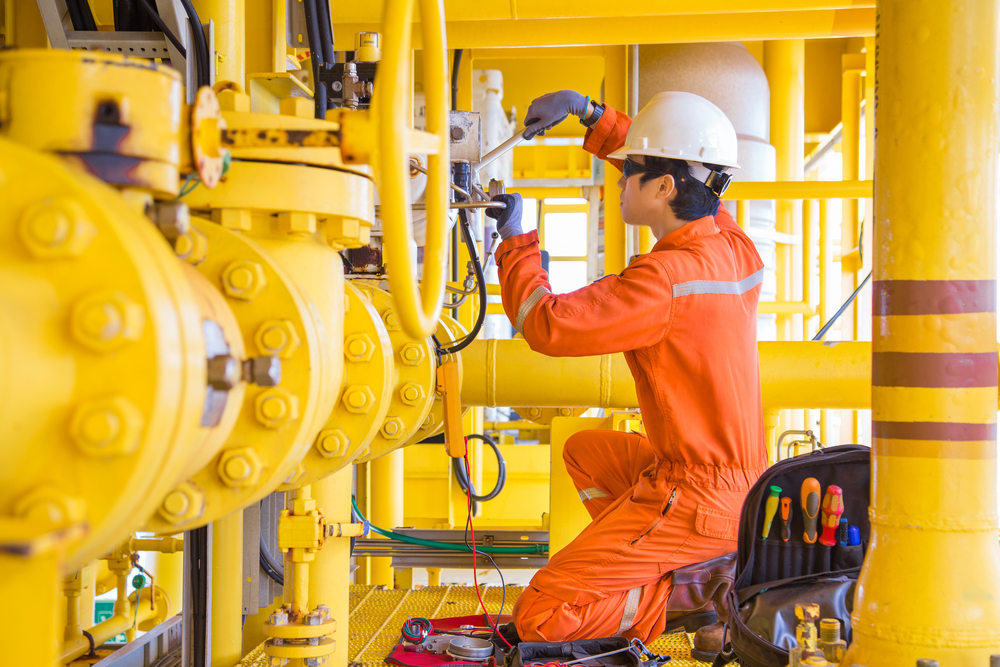If you use valves in your processes – whatever those might be – you rely on their ongoing performance. Beyond basic performance, you count on your valves to operate at an optimal level, providing reliable and predictable output.
Certain challenges in the valve industry have made testing much more of a priority than it might have been in the past. Beyond those undeniable issues, however, virtually every industry and sector that makes use of valves faces a variety of pressing issues for regular valve testing.
The experienced team at SofTek Engineering understands the challenges you face, and we have the solutions you need today.
Challenges in the Valve Industry
Today, fewer and fewer valves are being manufactured in the U.S. That fact, in itself, doesn’t necessarily mean that there is a compromise in quality when using products sourced from overseas. However, it isn’t always possible to know the specific quality standards that were used in the manufacturing process.
International standards for valves can diverge significantly from American manufacturing standards. And, unfortunately, those standards seem to be growing further apart. Finally, not all types of valves are required to include self-contained testing criteria. Although there has been an increasing call for those criteria to be included with all valves, the industry is still a long way from that standard becoming a reality.
Another factor to consider is the changes the valve manufacturing industry has faced with regard to testing standards. The acceptable criteria that previously applied – specifically that no leakage was allowable under hydrostatic testing – no longer applies. Although different testing standards apply to different types of valves, the current applicable criteria does allow for some amount of leakage for certain valve sizes.
Valve Testing Standards & Considerations
Special types of valves require specialized testing procedures. Depending on the specific details, different standards and professional association guidelines apply.
The American Society of Mechanical Engineers (ASME) establishes standards for the testing of pressure seal valves, pressure release valves, and some sizes of steel valves. The American Petroleum Institute (API) is responsible for establishing standards for a variety of testing, including testing for steel ball and steel butterfly valves.
The Fluid Controls Institute (FCI) oversees standards for control valves, in conjunction with the Instrumentation, Systems and Automation Society of America (ISA). ISA has established standards for testing control valves as well, including those for hydrostatic testing. The Manufacturers Standardization Society of the Valve and Fittings Industry (MSS) establishes testing standards for cast iron gates, plugs, checks, and globes as well as bronze globes, gates, and checks.
As you can imagine, it can be challenging to determine which standards apply in certain situations and what the current standards criteria might be.
How Valve Testing Can Help
Valve testing provides a wealth of benefits and advantages, and can help you meet these and other challenges head-on.
No matter what type of valve testing you need – including isolation valve diagnostics, fugitive emissions testing, control valve diagnostics, safety relief valve diagnostics, and block valve diagnostics – you need a comprehensive valve profiler system to ensure optimal results.
If testing demonstrates that your valves don’t meet the established standards criteria, you also need a way to make adjustments inline, in real time. Although you could outsource both testing and correction measures, many people find that the most effective and affordable approach is to have their own valve diagnostics and testing equipment.
Choosing a Valve Profiler System
The most important factors for most customers are reliability, ease of use, and affordability of testing equipment and software. Durability is another critical aspect of choosing valve testing systems.
SofTek Engineering is proud to offer our Profiler, Profiler Mini, and Profiler SRV systems to customers across the United States. We also offer a wide range of accessories that can be used with any of our systems.
This equipment is designed to provide comprehensive testing results in any environment, even in the harshest scenarios. We provide in-depth training for our customers, tailored specifically to your exact needs, so you can get the maximum value from your system.
Contact us today to learn more about how our valve testing equipment can help you comply with established standards and overcome virtually any related challenge you face.


